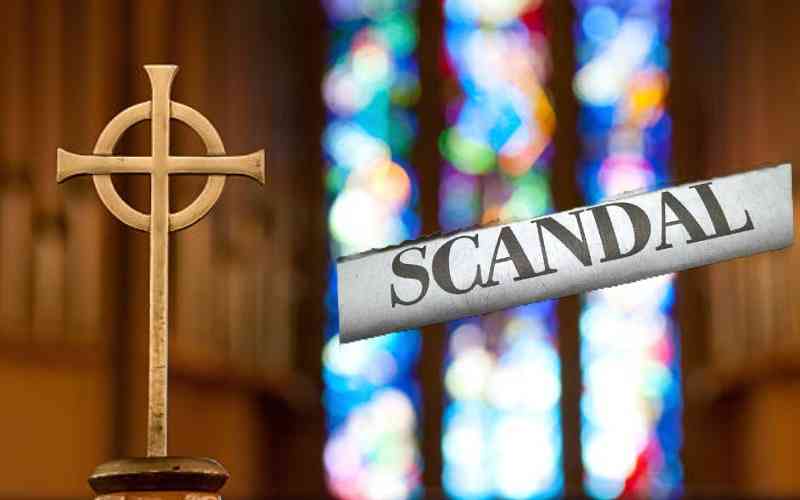×
The Standard e-Paper
Truth Without Fear

Audio By Vocalize

Some years back, a prominent Catholic priest made headlines when he was arrested for allegedly sexually abusing young boys under his care.
In 2009, Father Renato Kizito was accused of defiling boys at an orphanage he ran in Dagoretti Corner.
